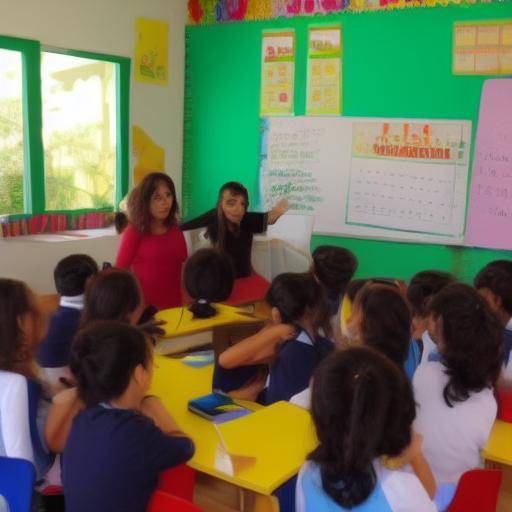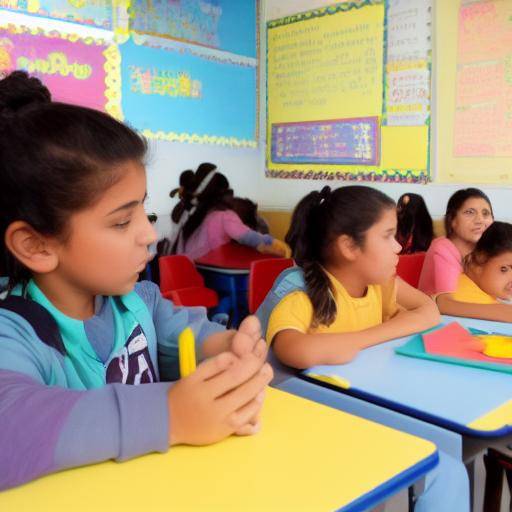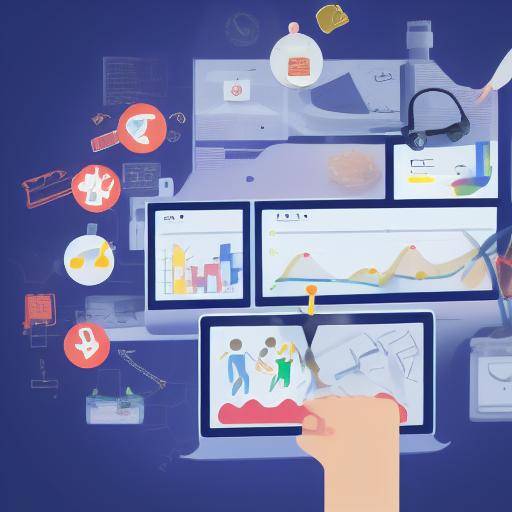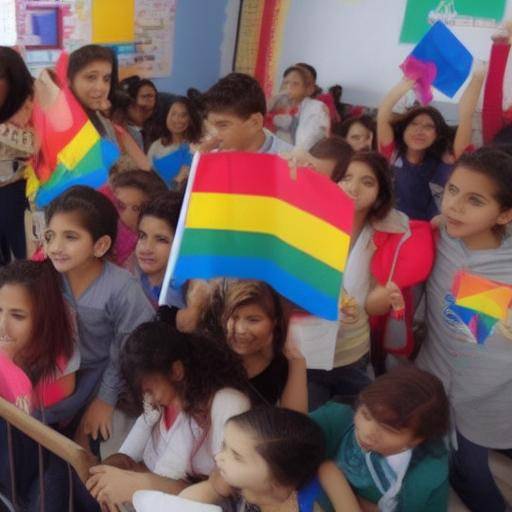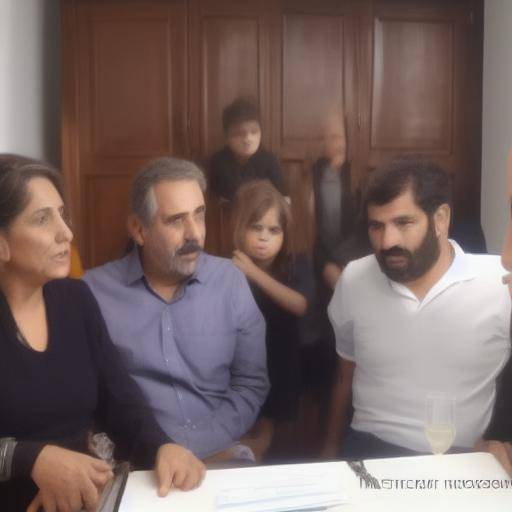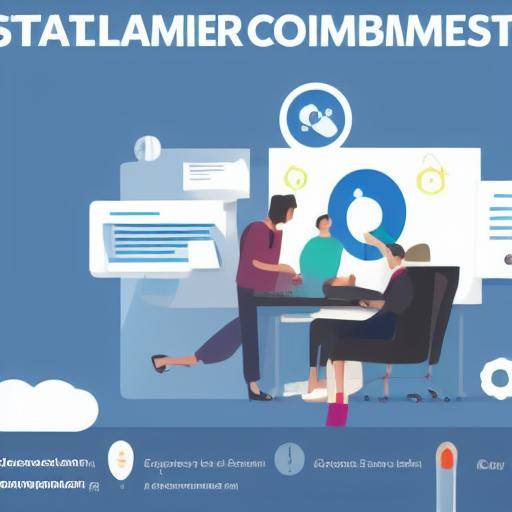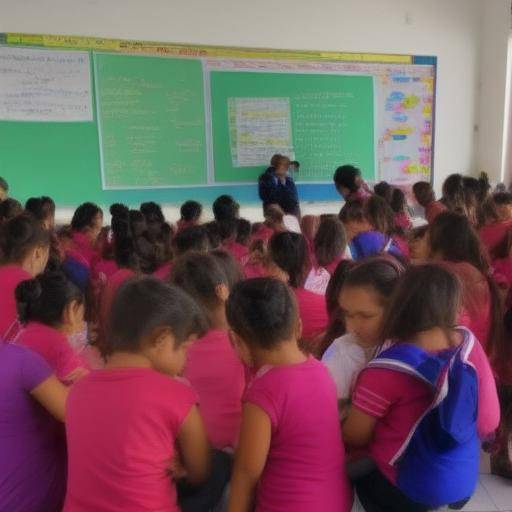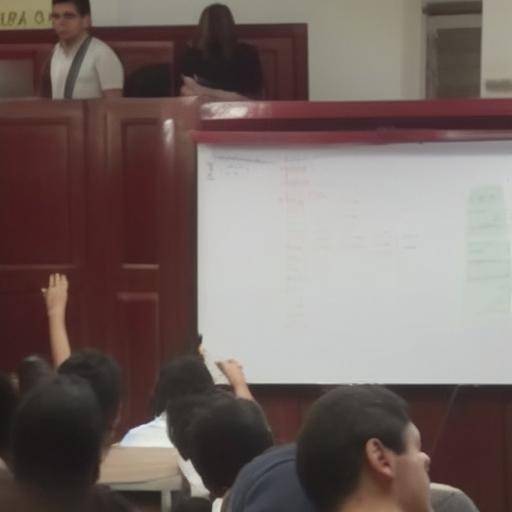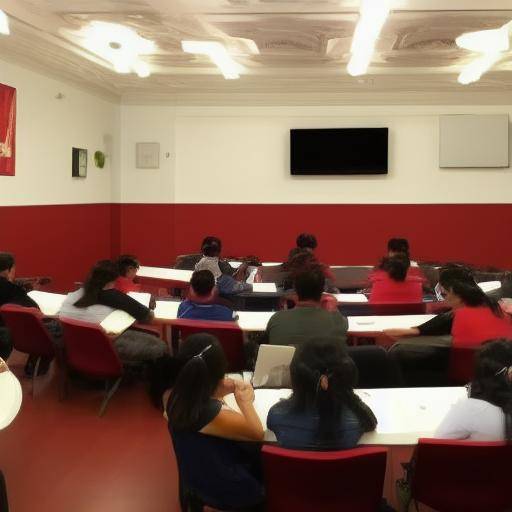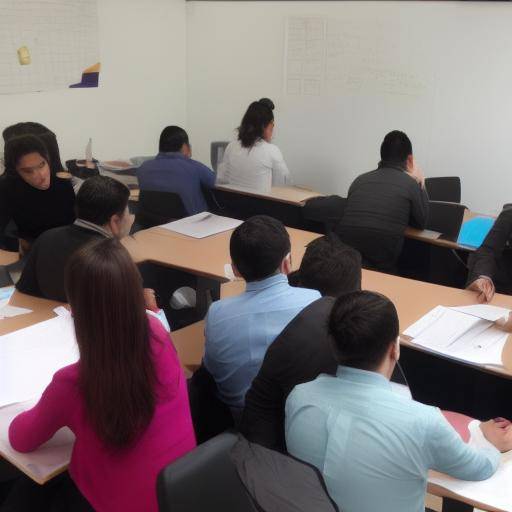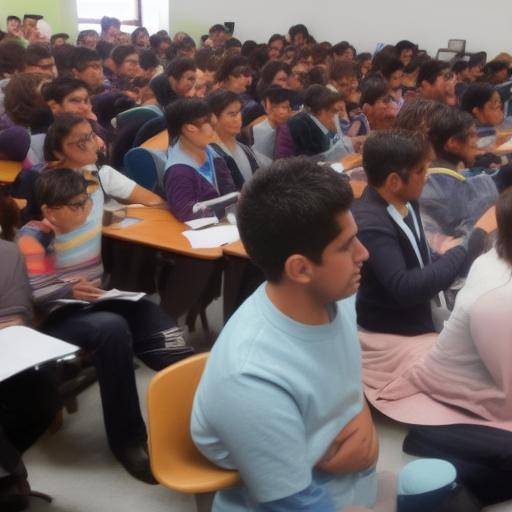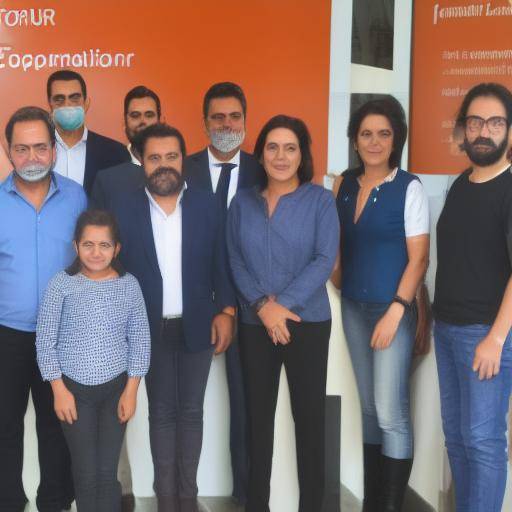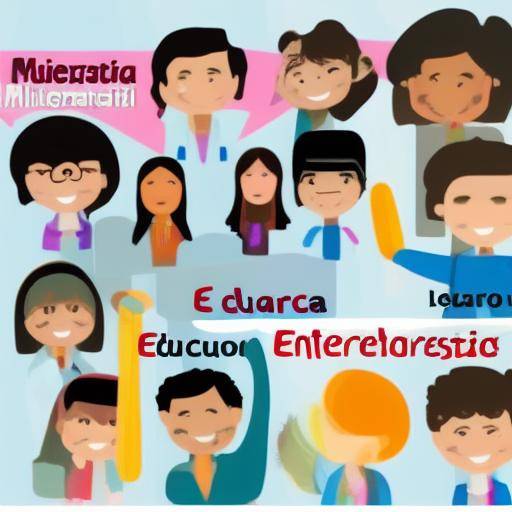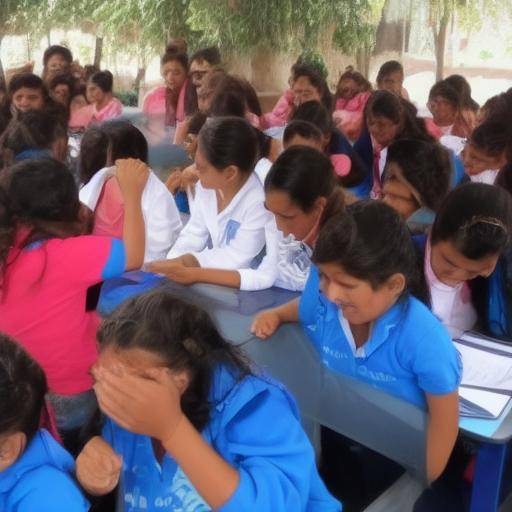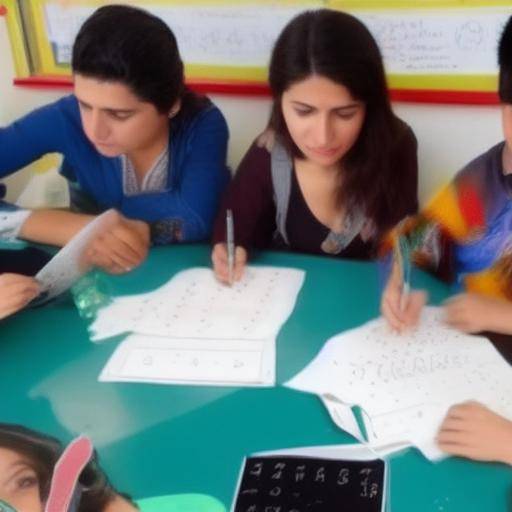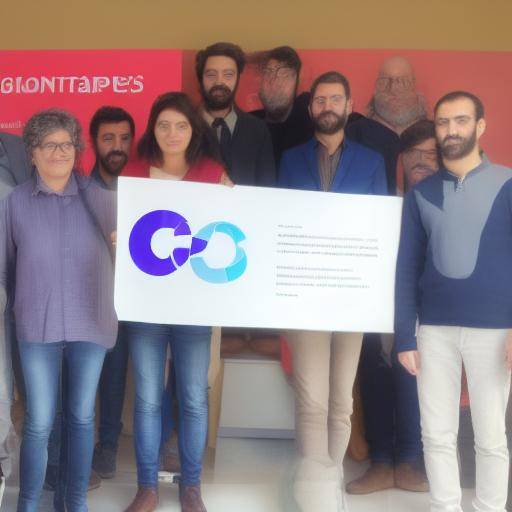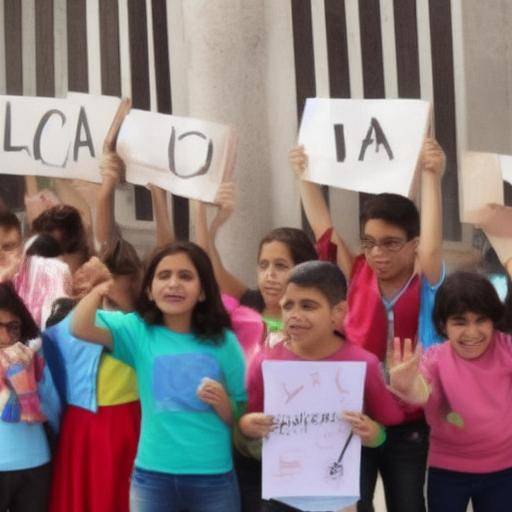
Introduction
Who has not experienced any kind of conflict in their personal or labor relations? The reality is that conflicts are an inevitable part of life, but the way we approach and resolve them marks the difference between chaos and harmony. In this article, we will explore effective strategies to resolve conflicts, focusing on interpersonal and labour relations. We will discover how to deal with conflicts constructively, promoting open communication, empathy and collaboration. We will learn to identify the roots of conflicts, manage the emotions triggered by them, and implement sustainable solutions. Join us on this journey to the effective resolution of conflicts.
History and Background
Conflicts have existed since time immemorial, being a constant in the history of humanity. From territorial disputes to disagreements between individuals, conflicts have been a driving force for change and progress. In ancient times, conflicts were largely resolved through brute force, giving way to destructive wars and confrontations. However, with the advent of civilization and the development of more complex social structures, new ways of dealing with conflicts emerged.
Over the centuries, various strategies and philosophies have been established for the peaceful resolution of conflicts. From mediation and arbitration to negotiation and conciliation, humanity has experienced different approaches to managing interpersonal and group tensions. The emergence of psychology and sociology as fields of study has also contributed significantly to our understanding of conflicts and ways to address them.
A crucial milestone in the history of conflict resolution was the creation of international institutions dedicated to promoting peace and cooperation among nations. The formation of the United Nations (UN) after the Second World War marked a turning point in how the world addressed conflicts globally. Through diplomatic treaties, conventions and efforts, the basis for a more concerted and collaborative approach to global conflict resolution has been laid.
Analysis in Deep
In addressing conflicts, it is essential to understand both their emotional and rational aspects. Conflicts often trigger a wide range of emotions, from anger and frustration to sadness and fear. In the workplace, conflicts can also affect the overall productivity and well-being of the team. Therefore, it is crucial to develop effective strategies to manage these emotions and promote an environment that encourages constructive conflict resolution.
Beyond emotions, it is important to analyze the underlying dynamics that fuel conflict. What are the root causes of disagreements? Are there recurrent patterns that perpetuate conflicts? By carefully examining these issues, we can identify key areas of improvement and develop more effective approaches to conflict management.
Effective conflict resolution also entails the ability to actively listen to all parties involved and seek solutions that meet their interests. Empathy and understanding play a crucial role in this process, allowing the parties to conflict to feel heard and valued. In promoting open and respectful dialogue, they lay the foundation for building durable solutions and strengthening conflict-affected relations.
Comprehensive review
Applying effective strategies to resolve conflicts not only involves addressing problems once they have arisen, but also preventing their recurrence. Establish clear policies and procedures to manage conflicts, as well as provide training opportunities in communication skills and conflict resolution, are fundamental steps to build an organizational culture that values constructive conflict resolution.
In addition, it is crucial to consider individual and cultural differences in dealing with conflicts in multicultural or international environments. The diversity of perspectives can enrich the conflict resolution process, but it can also pose additional challenges that require sensitivity and adaptability.
Comparative analysis
By comparing different conflict resolution strategies, it is important to highlight their similarities, differences and specific applications. Mediation, for example, focuses on facilitating communication between the parties to the conflict with the help of an impartial third party. On the other hand, negotiation seeks to achieve mutually beneficial agreements through direct dialogue between the parties involved. Understanding the strengths and limitations of each approach is critical to selecting the most appropriate strategy in a given context.
In the case of personal relations, the approach in conflict resolution may involve internal reflection, assertive communication and the search for commitments that preserve harmony and mutual respect. The applicability of strategies varies according to the nature of the conflict and the relational dynamics between the parties involved.
Practical Tips and Recommendations
Here are some practical tips for effective conflict resolution:
- Listen.: Practice active listening to fully understand the concerns and perspectives of all parties involved in the conflict.
- Communication Clear and Respectful: Use clear and respectful language by expressing your views and emotions, avoiding personal attacks or accusations.
- Finding Solutions: Focus on finding solutions that meet the interests of all parties, rather than insisting on inflexible positions.
- Professional Mediation: Consider the participation of a neutral mediator or facilitator to help guide the conflict resolution process impartially.
- Continuous learning: Find opportunities to improve your conflict resolution skills through training and personal development.
Conclusions
Effective conflict resolution is an essential component of healthy relationships and productive working environments. By adopting strategies that foster open communication, empathy and collaboration, we can face conflicts constructively, promoting mutual understanding and personal growth. As we strive to implement these strategies in our daily lives, we contribute to creating more harmonious and sustainable environments.
FAQs
**Q: What are the benefits of effectively resolving conflicts?**A: Effective conflict resolution promotes stronger relationships, increases labor productivity, reduces stress and improves overall well-being.
**Q: How can I improve my conflict resolution skills?**A: The practice of active listening, the development of empathy and participation in conflict resolution training programmes are effective ways of improving these skills.
**Q: What role does communication play in conflict resolution?**A: Clear and respectful communication is essential to effectively address conflicts, as it facilitates mutual understanding and the search for solutions.
**Q: What is the importance of mediation in conflict resolution?**A: Mediation provides a neutral approach and facilitates communication between parties to conflict, which can lead to mutually acceptable solutions.
**Q: What strategies are useful for managing conflicts in working environments?**A: Establishing conflict resolution policies, fostering an open climate and providing communication skills training are effective strategies in working environments.
**P: Are there significant differences in the resolution of personal and labour conflicts? A: If, while the basic principles of conflict resolution are applicable in both contexts, dynamics and specific considerations may differ considerably between personal and labour environments.
Conclusion
Effective conflict resolution is a fundamental skill in personal and professional life. In understanding strategies and approaches that contribute to constructive conflict resolution, we can strengthen our relationships, promote collaborative working environments and foster greater understanding of our daily interactions. Through active listening, empathy and consensus-oriented solutions, we can turn conflicts into opportunities for growth and cohesion.



